BBC Bangka Island: The WW2 massacre and a 'truth too awful to speak' 18 Apr 2019 By Gary Nunn
「In 1942, a group of Australian nurses were murdered by Japanese soldiers in what came to be known as the Bangka Island massacre. Now, a historian has collated evidence indicating they were sexually assaulted beforehand - and that Australian authorities allegedly hushed it up.」
「Military historian Lynette Silver is discussing what happened to 22 Australian nurses who were marched into the sea at Bangka Island, Indonesia, and shot with machine guns in February 1942. All except one were killed.
"That was a jolt to the senses enough. But to have been raped beforehand was just too awful a truth to speak," Ms Silver says, speaking of claims she details in a new book.」
まあ、そういう状況なら、そうなるな、という。
「"If I didn't tell this secret, I'd be part of the culture of silence and the government clampdown, and protecting the perpetrators," she says. "These nurses deserve to have their story told - that's their justice."」
「She said it was revealing that it was three female historians who uncovered the evidence for this story: "I've heard of history being told as 'his-story'. This was the opposite of that."」
ちょっと懐かしい用語だ、記録しておく。
「In 1942, a group of Australian nurses were murdered by Japanese soldiers in what came to be known as the Bangka Island massacre. Now, a historian has collated evidence indicating they were sexually assaulted beforehand - and that Australian authorities allegedly hushed it up.」
「Military historian Lynette Silver is discussing what happened to 22 Australian nurses who were marched into the sea at Bangka Island, Indonesia, and shot with machine guns in February 1942. All except one were killed.
"That was a jolt to the senses enough. But to have been raped beforehand was just too awful a truth to speak," Ms Silver says, speaking of claims she details in a new book.」
まあ、そういう状況なら、そうなるな、という。
「"If I didn't tell this secret, I'd be part of the culture of silence and the government clampdown, and protecting the perpetrators," she says. "These nurses deserve to have their story told - that's their justice."」
「She said it was revealing that it was three female historians who uncovered the evidence for this story: "I've heard of history being told as 'his-story'. This was the opposite of that."」
ちょっと懐かしい用語だ、記録しておく。










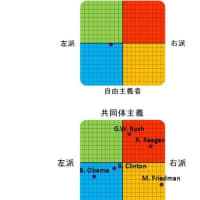
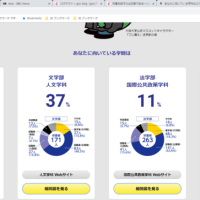


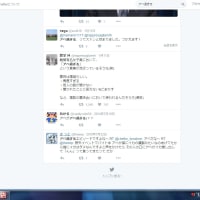
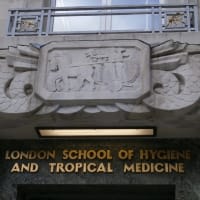
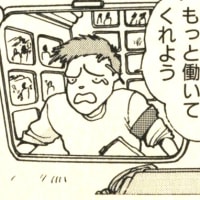

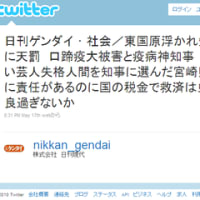
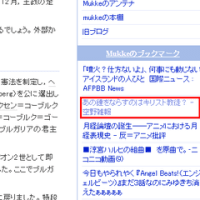





明らかにすべきことではある。
が、「アイスマン」の展示にさえ人権云々言ったりするわけでもあり、この場合、割と最近の人々の人権に関する配慮も、まあ、なあ…と、ちょっと。
当時の感覚だと、”名誉ある死”であると遺族に多少の慰めを…という機能もあったろうし…生存者が基本的には黙りとおしたのも、そういう感覚が背景にあったものでもあろうし…。
…まあ、死後の名誉、名誉ある死というのの概念がちょっと違ってきたわけでもあろう。
まあ、できるだけ尊敬ある仕方で取り扱うことを心がける、といったところか、こっちでできるのは。
「1942年に日本兵、豪の看護師21人を銃殺する前に何を 真実追求の動き」
https://www.bbc.com/japanese/features-and-analysis-47986990
…さほど著名でない事件にこうして注意がむくのは、まあよいことのうちではあるんだが、ちょっともにょる